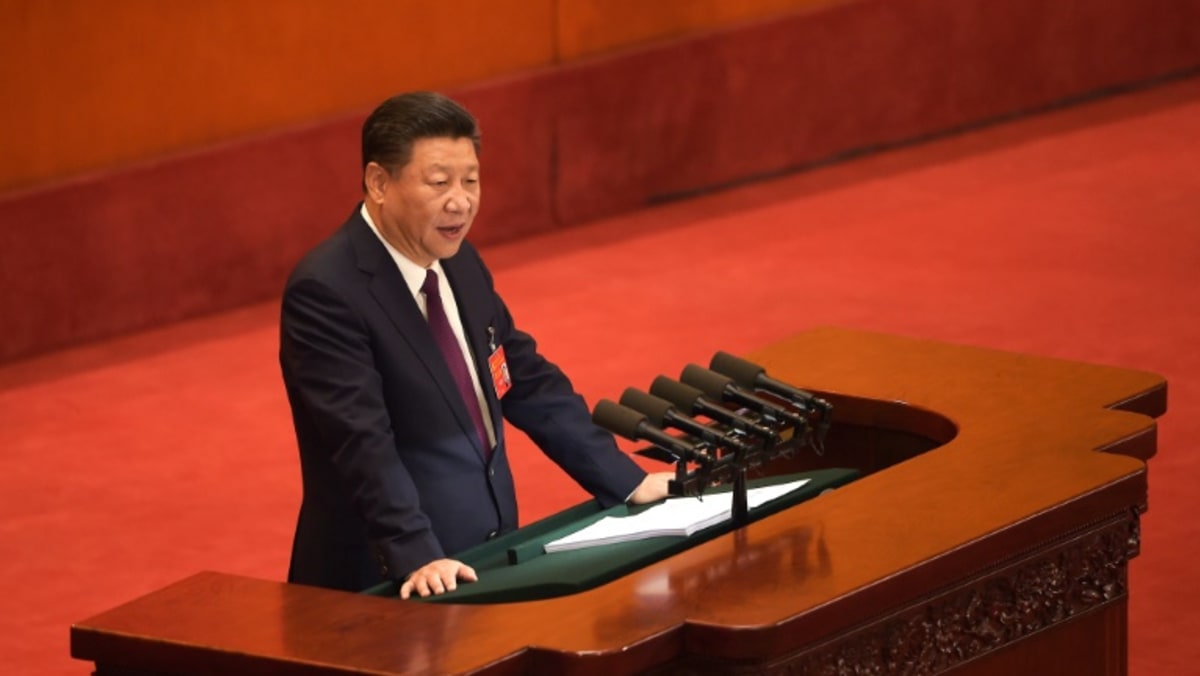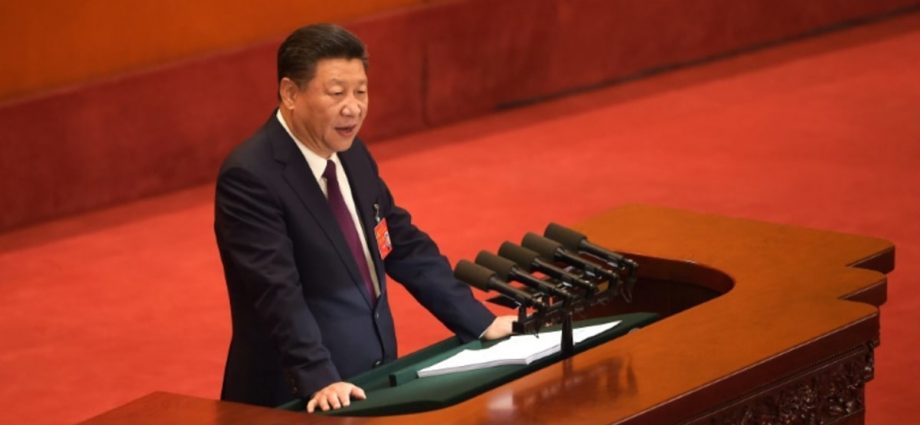
China has also relied solely on domestically produced vaccines, mainly the inactivated virus vaccines developed by Sinovac and Sinopharm. These have been shown to be far less efficacious than the more globally used Pfizer-BioNTech and Moderna mRNA vaccines and goes some way to explain the recurrent need to lockdown the population
Similarly, vaccine nationalism was initially appealing in South Korea. The Seoul government too wanted to use a domestically produced vaccine. But when development failed, public pressure to use whatever worked was enormous.
XI’S POLITICAL LEGITIMACY TIED TO ZERO-COVID
Xi’s zero-COVID policy is deeply intertwined with his leadership and reputation.
Without elections or serious political pluralism in China, his authority is tightly bound to his performance. If he delivers growth, national prestige and triumph over tough circumstances such as COVID-19, his rule is legitimised.
Conversely, if he fails, questions will inevitably arise if a different leader could do better.
All these tensions are now worsened by Xi’s decision to stay in power beyond the ten-year limit on the Chinese presidency.
The legacy of Mao Zedong still deeply divides China, but his rule led to Deng Xiaoping introducing constitutional term limits in 1982, which were subsequently abolished in 2018. Informal party norms have also meant leaders cannot serve a new term after the age of 68, but Xi is 69 this year.
It is widely expected that the ongoing party congress will re-elect Xi to an unprecedented third term, which some think will likely morph into lifetime rule, making him the most powerful Chinese ruler since Mao.

